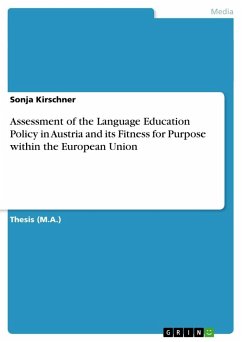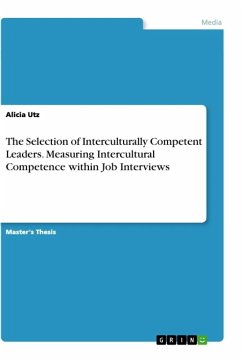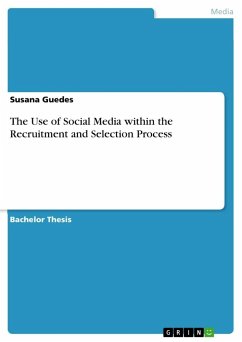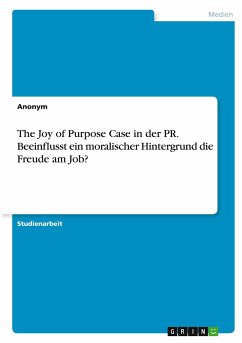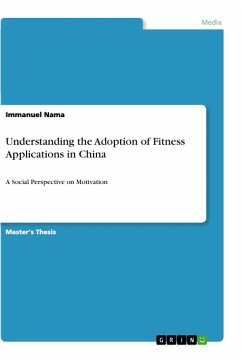Thesis (M.A.) from the year 2010 in the subject Communications - Intercultural Communication, grade: Distinction, Anglia Ruskin University, course: Language, Identity and Policy, language: English, abstract: Assessment of the Language Education Policy in Austria and its Fitness for Purpose within the European UnionThe EU language policy, which is directly linked to the EU language education policy, has been constantly developing since the establishment of the EEC more than fifty years ago (Treaty of Rome, 1957). The Council Resolution of 31 March 1995 on improving and diversifying language learning and teaching within the education systems of the European Union made it clear that in language learning and teaching, as in education in general, the principle of subsidiarity applies. In this respect, this work examines the existing Austrian language education policy regulations and the country's educational practices, in the light of the EU language education policy, focusing on the groups of Austrian nationals with German as their first language, non-indigenous minorities and Austria's officially recognised autochthonous ethnic groups. The question of whether Austria adequately prepares pupils for the purposes of a multilingual social and economic interaction within the EU is equally considered. An up-to-date insight into the minority language education practice of a Burgenland-Croatian ethnic sample group is delivered, based on data obtained by self reporting questionnaires.The analysis shows that the language education practice for all three groups can be largely regarded as a successful implementation of the current EU language education policy and, therefore, as an adequate preparation of pupils for live within the EU. The major deficiency of the most numerous groups of pupils is the fact that the learning of a second foreign language is usually introduced only at the upper secondary stage. With regard to the ethnic groups, the largest deficiency lies inthe unavailable legal protection of the Minority School Acts to all groups. As the case study shows, this legal protection provides for a guaranteed, soundly balanced, mother tongue and German instruction at the kindergarten, primary and lower secondary school.
Hinweis: Dieser Artikel kann nur an eine deutsche Lieferadresse ausgeliefert werden.
Hinweis: Dieser Artikel kann nur an eine deutsche Lieferadresse ausgeliefert werden.

